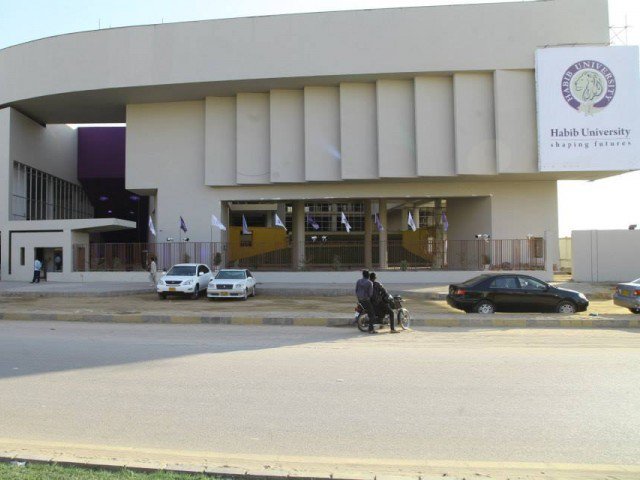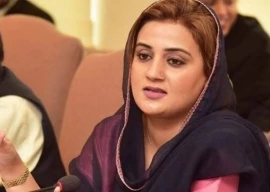
Habib University’s Assistant Professor Fahd Ali posed this question at the outset of his presentation at a session on the concluding day of State, Society and Democracy conference at Lahore University of Management Sciences on Saturday.
Ali said the absence of an agreement among various provincial elites was one way to understand this failure. He said efforts at reforming the taxation structure were likely to remain fruitless without redefining relations between the central and the provincial governments.
He said the central and provincial governments had been at loggerheads from day one over distribution of revenue sources.
Referring to a series of meetings to review taxation structure of the country in 1947, he said the smaller provinces had reservations against a proposal to make agricultural income tax and sales tax on goods and services federal subjects.
He said these differences were reflected in the report of the Basic Principles Committee formed ahead of the first constitution. He said distribution of tax revenues was the only unresolved issue.
In the 1956 constitution, the issue of distribution of revenue resources was left to a committee. He said the first National Finance Commission award was eventually announced under Ayub Khan’s military government. “Despite absolutist control over the state apparatus, even military-led governments were unable to broaden the country’s tax base and reform its taxation structure.”
Presenting his paper titled Rule Making and Production of Tribal Subjects, Central European University student Saifullah Naseer said that de facto authority of tribal chiefs was still a central feature of politics in Balochistan despite the emergence of modern state institutions. He suggested that the presence of institutions of parliamentary democracy and other modern state structures had, in fact, augmented the authority of tribal chiefs.
“The intervention by the military has further strengthened the chiefs’ social position,” he said.
He said the chiefs had strengthened their power and authority by successfully doling out Annual Development Plan funds among their constituents and by aligning themselves with various national-level political parties.
He said his study of the Pakistani state’s engagement with Baloch tribes suggested that the state recognised the people of the province first and foremost as members of various tribes (tribal subjects) rather than its citizens.
Published in The Express Tribune, August 7th, 2016.
1725612926-0/Tribune-Pic-(8)1725612926-0-405x300.webp)
















COMMENTS
Comments are moderated and generally will be posted if they are on-topic and not abusive.
For more information, please see our Comments FAQ